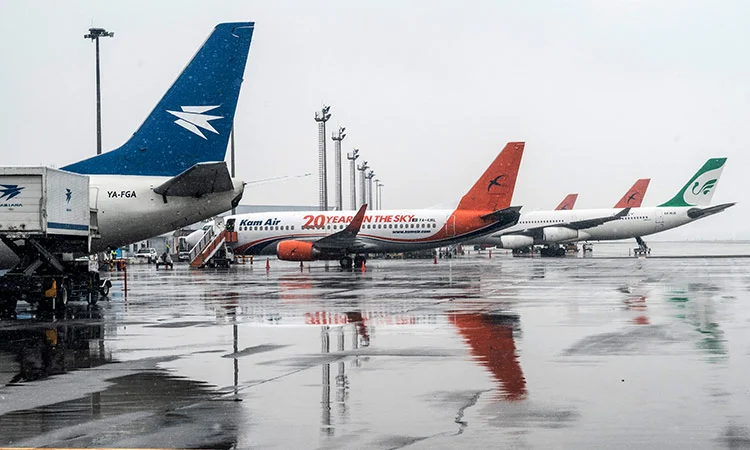Singapore Airlines, British Airways, and Lufthansa have increased their flights over Afghanistan after years of largely avoiding it. Now, the Middle East conflict has made it seem like a relatively safe option. This has led airlines to increase flights over Afghanistan.
The carriers mostly stopped transiting Afghanistan three years ago. Afghanistan lies on major routes between Asia and Europe. When the Afghan Interim Government took over, air traffic control services stopped.
Those services have yet to resume. However, airlines increasingly consider the skies between Iran and Israel to be riskier than Afghan airspace. This perception has driven many airlines to increase flights over Afghanistan. Instead of routing through Iran and the Middle East, they choose this option, especially after Russian skies were closed to most western carriers when the Ukraine war began in 2022.
Afghanistan as the Safer Option
“As conflicts have evolved, the calculus of which airspace to use has changed. Airlines are seeking to mitigate risk as much as possible and they see overflying Afghanistan as the safer option given the current tensions between Iran and Israel,” Ian Petchenik, a spokesperson for flight tracking organisation Flightradar24, said.
There were more than seven times the number of flights over Afghanistan in the second week of August than during the same period a year ago, according to a Reuters analysis of FlightRadar24 data.
The shift began in mid-April during reciprocal missile and drone attacks between Iran and Israel. Flight tracking data from the time shows Lufthansa, Singapore Airlines, British Airways and others began to send a few flights a day over Afghanistan.
The main growth began after the killing of senior members of militant groups Hamas and Hezbollah in late July. This event raised concerns of a major escalation.
Some pilots are concerned.
“You’re depending on the analysis of your airline. Every time I fly out there, I don’t like the feeling of flying over a conflict area where you don’t know, actually, what is happening,” said Otjan de Bruin, a commercial pilot and head of the European Cockpit Association.
This news is sourced from [Reuters] and is for informational purposes only.



